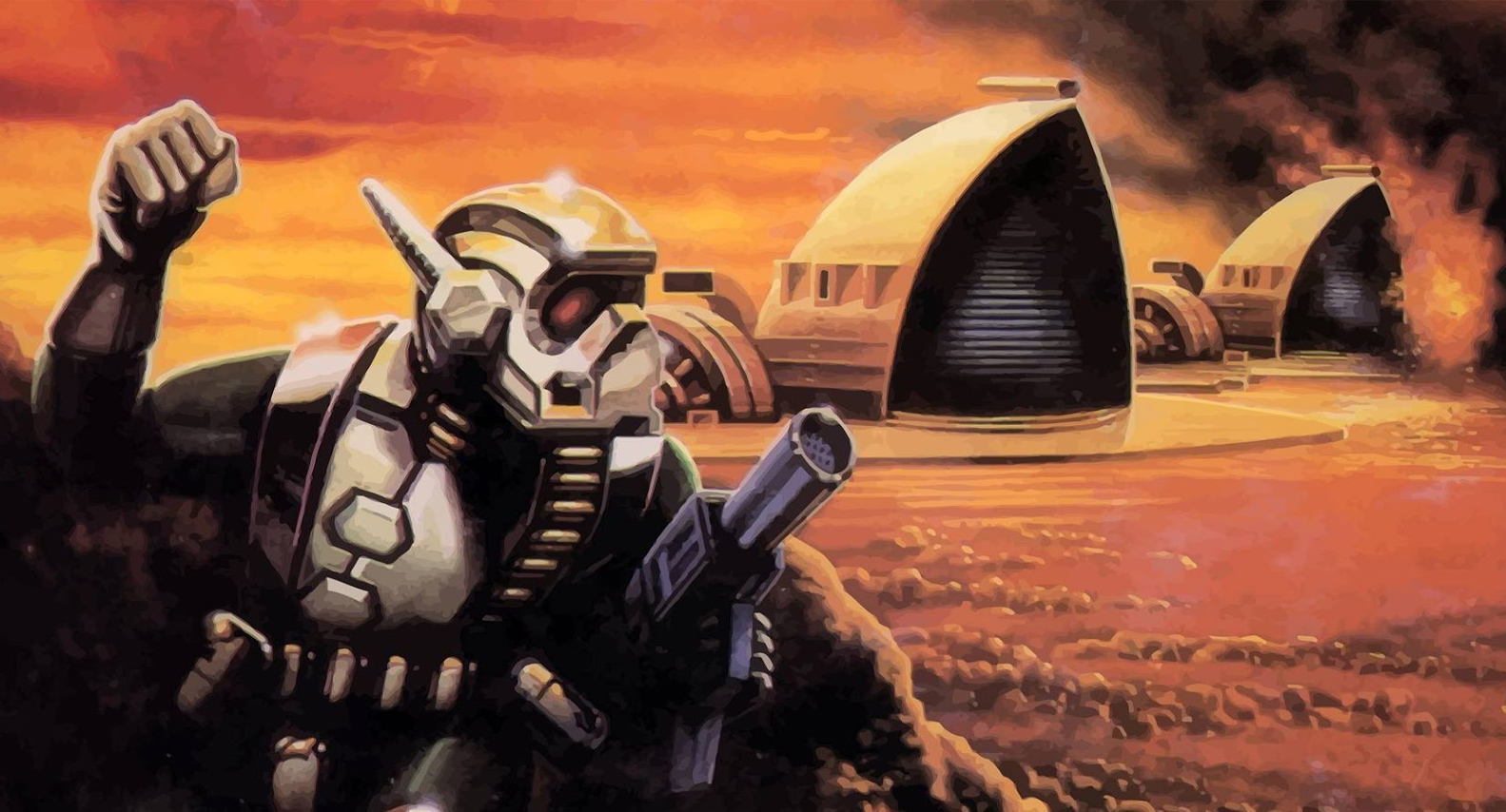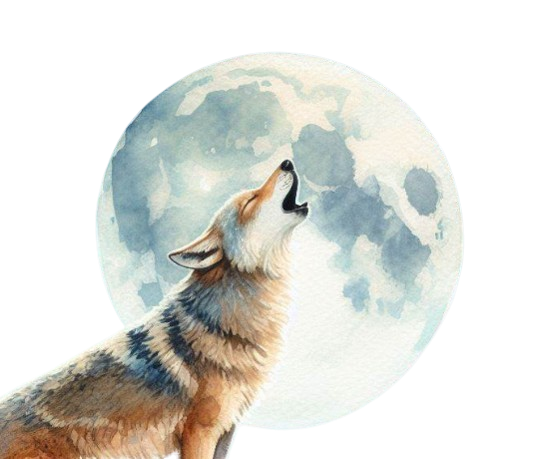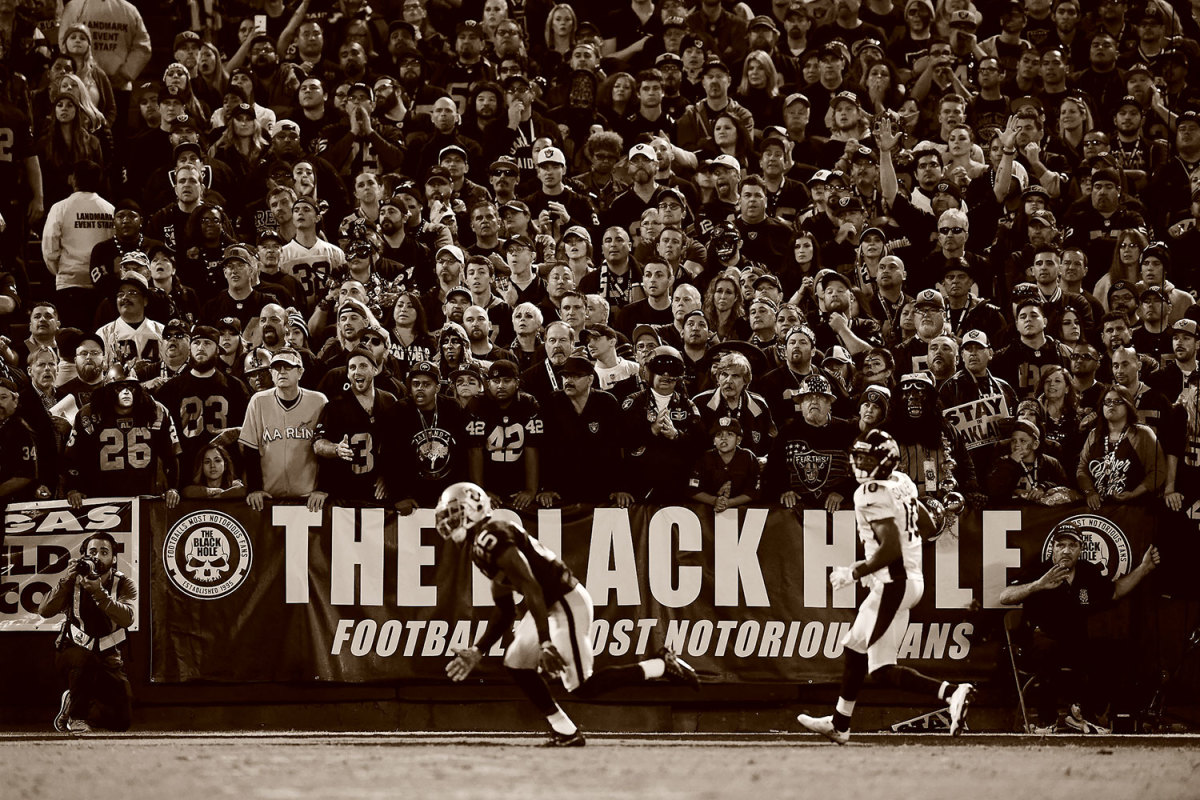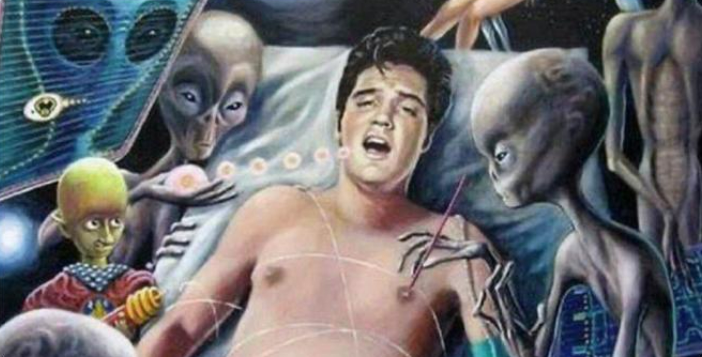With the meteoric success of Dune 2 my social and media feeds have been filled with Dune 2 content, and a really interesting tidbit has kept popping up. J.R.R. Tolkien really did not like the novel Dune. Tolkien believed that as a fiction author, it was not really his place to publicly criticize works of fiction, a noble position, but that has left a lot of speculation. I have read much online speculation that Tolkein did not appreciate the criticism of messianic figures, being a devout catholic, and a difference in fictional worldview, Tolkein being more of a fan of moral good vs. moral evil, while Dune is much more ambiguous. While I have my own thoughts about the possible reasons for Tolkien’s dismissal of Dune as a lifelong LOTR fan and a new Dune convert, I do not think the truth will ever be known with both authors long deceased. But after reading possible speculation about the clash between Tolkien’s fictional worldview and Frank Herbert’s, it got me thinking. Unfortunately, I’m still 120th in line for the Dune book at my library(I am not the only person who loved this movie and is dying to read the book), but having been a huge fan of Dune parts one and two, one of my favorite parts of the movie was the moral ambiguity of the movie. A lot of classically successful media has the typical good versus evil thread: the morally upstanding Harry Potter against the treacherous and dangerous Voldemort, the good and small Frodo Baggins thrown against the immense and towering evil of Sauron, or even 1984’s Winstons Smith versus the domineering Big Brother. At the end of the day, fiction is fiction and it is just plain good to read a story where good battles bad and good triumphs, and our heroes are better for it, making us feel better about our day-to-day battles. I love these kinds of stories and even stories like Uncut Gems where the protagonist is not a good person and we are just strapped in for the ride, hating to love him and loving to hate him, until he ultimately gets what he deserves at the end. Dune is not the first work to introduce morally ambivalent characters and themes and will certainly not be the last, but it is the first piece of art that I have seen that has really struck that theme into me. I first saw Dune: Part One, with no real expectations, and my only really surface-level knowledge of the work came from my father, who is a big fan of the original novel(I think he would want me to clarify he is not as big of a fan of the later novels). I enjoyed watching it a lot and I liked the movie a lot overall, but I was left mostly confused. Dune was considered an unfilmable movie, and I want to highlight the ‘was’ because I think Denis Villeneuve has done about as good of a job that can be done bringing Dune to the big screen(again, I am still waiting to read the book and might have to revisit that opinion later), but still a lot of the larger and more complex themes and worldbuilding that only can really only be conveyed in a book did leave me feeling like there was a lot I was missing. After brushing up on the lore behind Dune, careful not to spoil the rest of the book, and rewatching Dune: Part One, I loved it, completely different movie. I fell in love with the same complex and deep world Frank Herbert built in a very similar, but radically different way than the complex and deep world of Lord of the Rings. Dune: Part Two is where the deeper questions of morality really come into play. Watching Dune was like a slowly sliding upward amount of belief for me. When I watch movies, I really like to put myself into the worldview and narrative of the movie. I was watching through the POV of an ordinary Freman, watching as Paul slowly proved himself more and more by the end of the movie to be the Lisan al-Gaib. To the extent that I, the viewer, believed him to be a real prophet in the world of Dune, knowing the Bene-Gesserit social manipulation and the way Lady Jessica fanned the flames. But Paul CHOOSES to be the Messiah, seeing glimpses of the future he knows the terrible fate of the worshipers around him if he does choose this path, but at the same time, it seems logical to be the Messiah. A logical man makes logical choices. I was left split on whether Paul was truly a bad guy or not. The later works of Dune make that question pretty clear, with the consequences of the later holy war speaking for themselves, but in the context of the Dune movies, it is not so obvious. Paul did not choose to go to Arrakis. Paul did not betray his own family causing the obliteration of House Atriedies. Paul constantly tried to rebuke claims of the messiah, only deepening others’ faith in him. He did not want to be the Messiah, it seems almost as if by a tragic twist of fate it chose him.
It’s easy to root for Paul in the first movie. The good Duke and his loyal son against a jealous, ruthless empire and a vicious enemy House Harkonnen make Atreidies the morally upstanding underdogs we love to root for. But after Paul fully embraces his role as Messiah and leads the people to liberate Arrakis, while getting revenge for his family against the Harkonnen. Paul fully embraces the Fremen culture, feeling at home with them, but is he fighting for the liberation of the Fremen or for personal vendetta? Is his crusade against the empire right or is it another brutal war that leaves only victims, no winners? This is what makes it so great. It coerces you into rooting for Paul, feeling for him, understanding and supporting his motive, rooting for him the whole way, all the while being slowly twisted by the power until the very end when we fully realize what an intergalactic war means. I was the frog that was boiled and didn’t realize it until I was already cooked. Not a lot of movies really make me question my own moral compass in the way Dune has. I could see myself making some of the same decisions Paul made that led him to embrace the messiah role. It is easy to root for Frodo Baggins, and it is hard to root for Paul in the end, but you still kind of do. I really hope we get to see Dune: Messiah sometime before the end of the decade, and I hope that Denis Villeneuve is able to capture what he already has for the third installment. I haven’t anticipated the release of a movie more than I already anticipate the hopeful release of Dune 3.
Dune 2 Review, J.R.R. Tolkien, and Moral Ambiguity in Fiction


Oscar Nelson-Hernandez
Oscar Nelson-Hernandez is young writer and comedian, founder of The Midnight Coyote and harbinger of late fees at the local libraries. I was born in Las Vegas, Nevada where I currently live and work.



